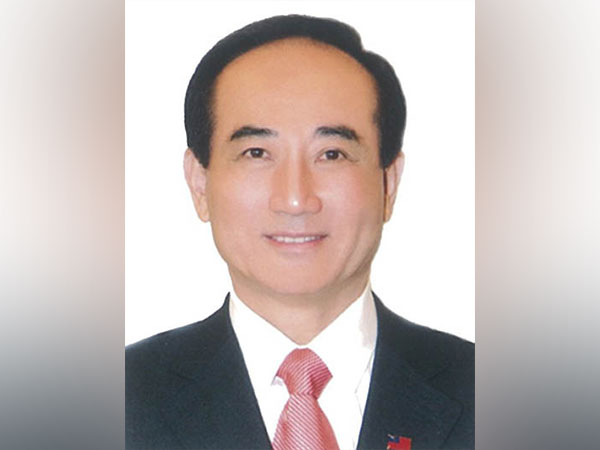Wang Jin-pyng Proposes Bold Cross-Strait Peace Model
Former Taiwanese Legislative Speaker Wang Jin-pyng introduces a new approach for Taiwan-China relations, suggesting mutual governance without division. His proposal aims to foster cooperation and understanding amidst rising tensions, advocating for dialogue and recognizing shared sovereignties without subordination.

- Country:
- Taiwan
In an ambitious bid to reshape Taiwan-China relations, former Legislative Speaker Wang Jin-pyng of Taiwan's Chinese Nationalist Party (KMT) has proposed a groundbreaking narrative. According to the Taipei Times, Wang advocates for a model of 'separate governance without division,' a notion poised to challenge long-standing diplomatic frameworks.
Speaking at the inauguration of the 'Middle Way Peace Alliance,' a cross-strait think tank, Wang underscored that Taiwan and China should coexist as equals. He articulated that while both sides manage their own governance, they ought to share sovereignty in a manner that emphasizes collaboration without hierarchical imposition.
Wang urged a pragmatic outlook on cross-strait relations, stressing the significance of mutual respect for differing political systems and lifestyles. This proposition aims to mitigate rising tensions by encouraging constructive dialogue, as reported by the Taipei Times.
Despite the potential shift in policy, it is yet to be determined if Wang's proposal intends to supplant the '1992 consensus,' a policy recognizing 'one China' with varying interpretations. The current Taiwanese administration, led by the Democratic Progressive Party, has consistently refuted this consensus.
The former speaker pointed to global changes and ideological stalemates as reasons for the growing uncertainty in cross-strait ties. His plan, he asserted, could serve as a catalyst for renewed exchanges and clarity, effectively addressing a diplomatic atmosphere marked by increasing apprehension.
(With inputs from agencies.)










